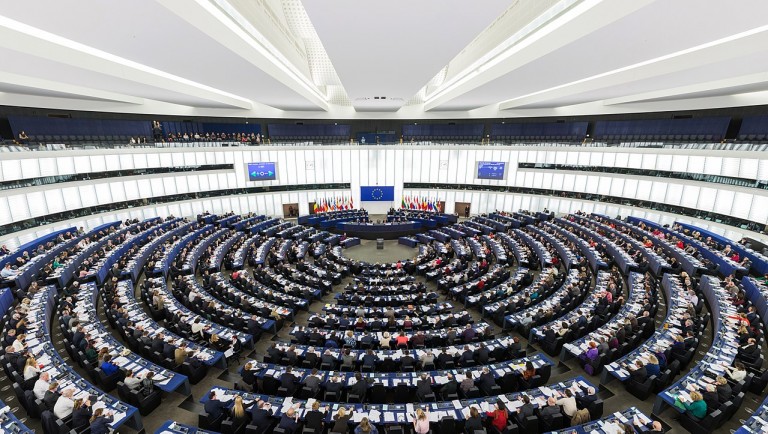The European Parliament has approved the new EU Copyright Directive, but it will be subject to a final vote next year before becoming law. A lot of artists are happy, but free-internet advocates are not.
The news: The European Parliament voted by 438 to 226 to pass the law, which aims to compensate artists and creators. Critics, however, claim it will have a chilling effect on a free and open internet. The crucial points are two sections of the directive: Article 11 and 13, dubbed the hyperlink tax and the upload filter, respectively.
Article 11 would oblige internet firms to pay news outlets for reusing their content, while Article 13 would require web giants to automatically filter copyrighted material, such as songs or videos, unless they have been specifically licensed. Some critics have complained that this will effectively stop people from sharing user-generated content such as brilliant cat memes.
The row over the law has also created some interesting adversaries, pitching artists like Paul McCartney against Wikipedia founder Jimmy Wales.
How did we get here? The directive was first suggested in 2016 to help creative industries claw back money from the internet giants. Members of the European Parliament rejected it in July this year, but rather than being abandoned the legislation was reassessed, with over 100 amendments added.
What’s next? The amendments approved this week will be subject to more tweaking before the legislation gets voted on again in January 2019.

